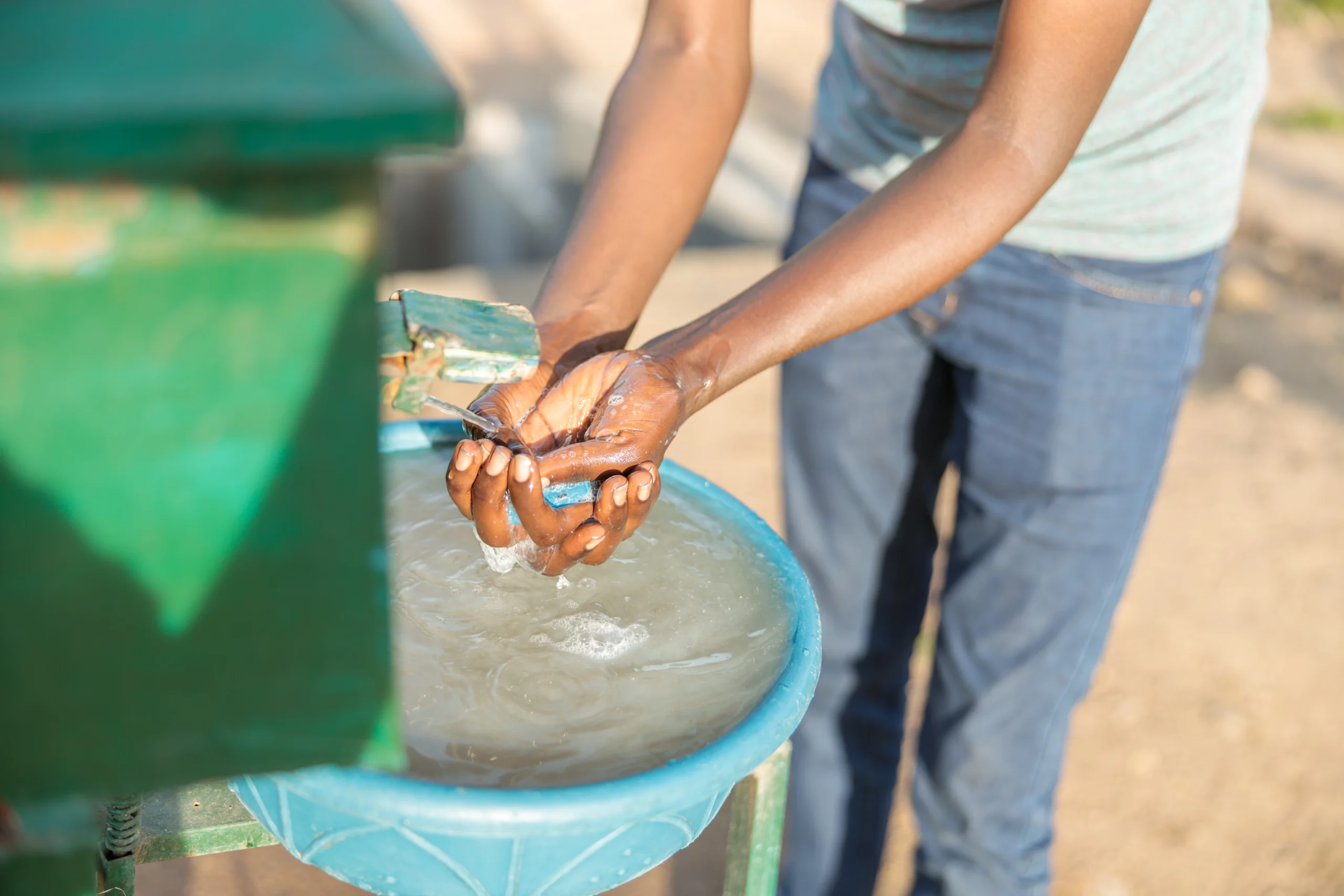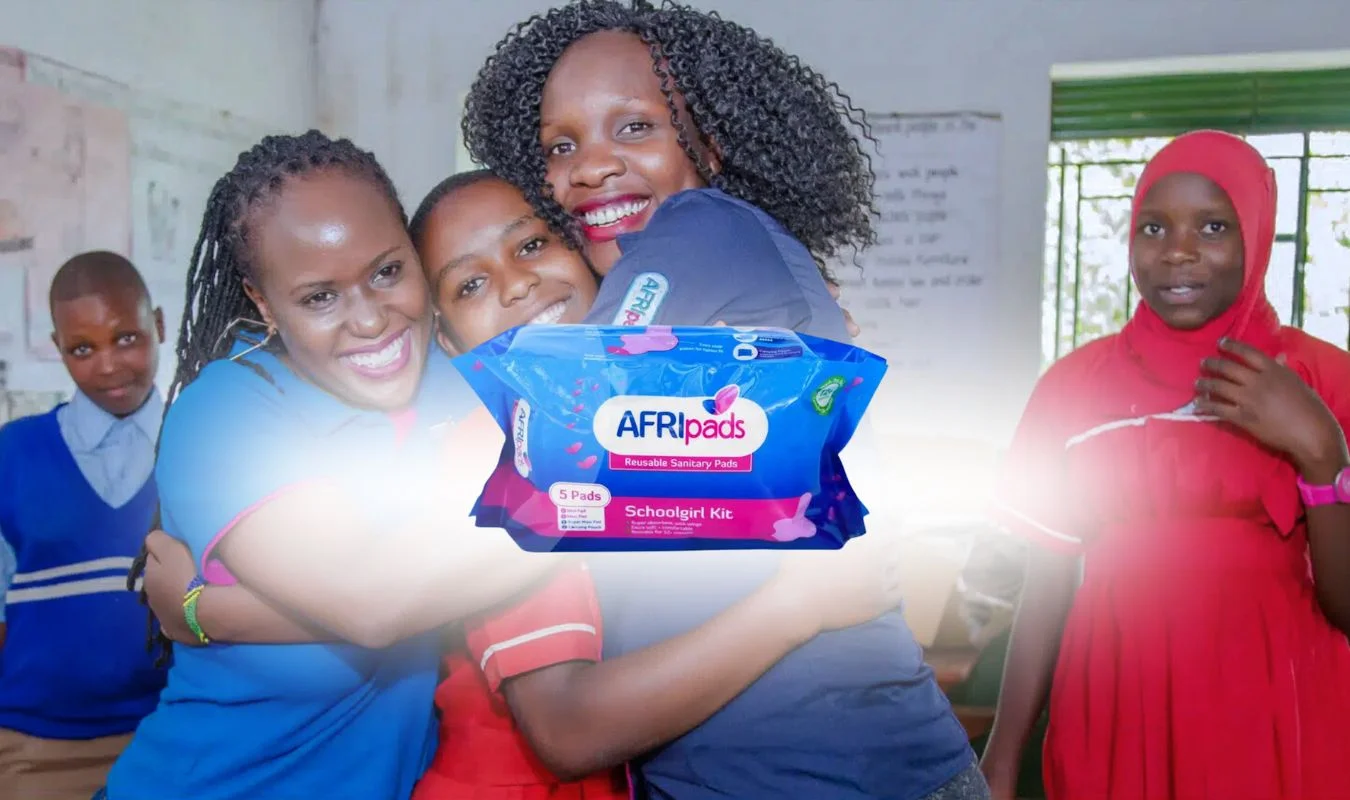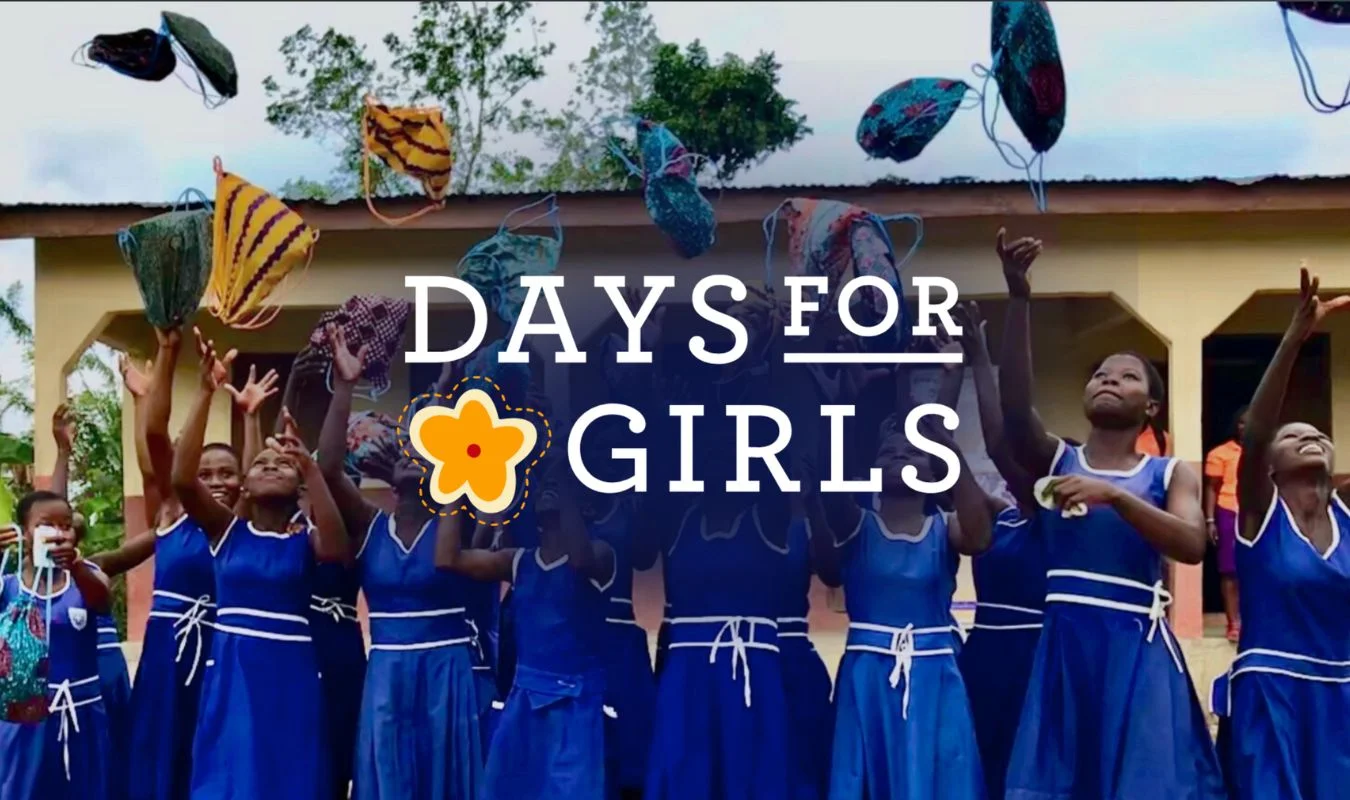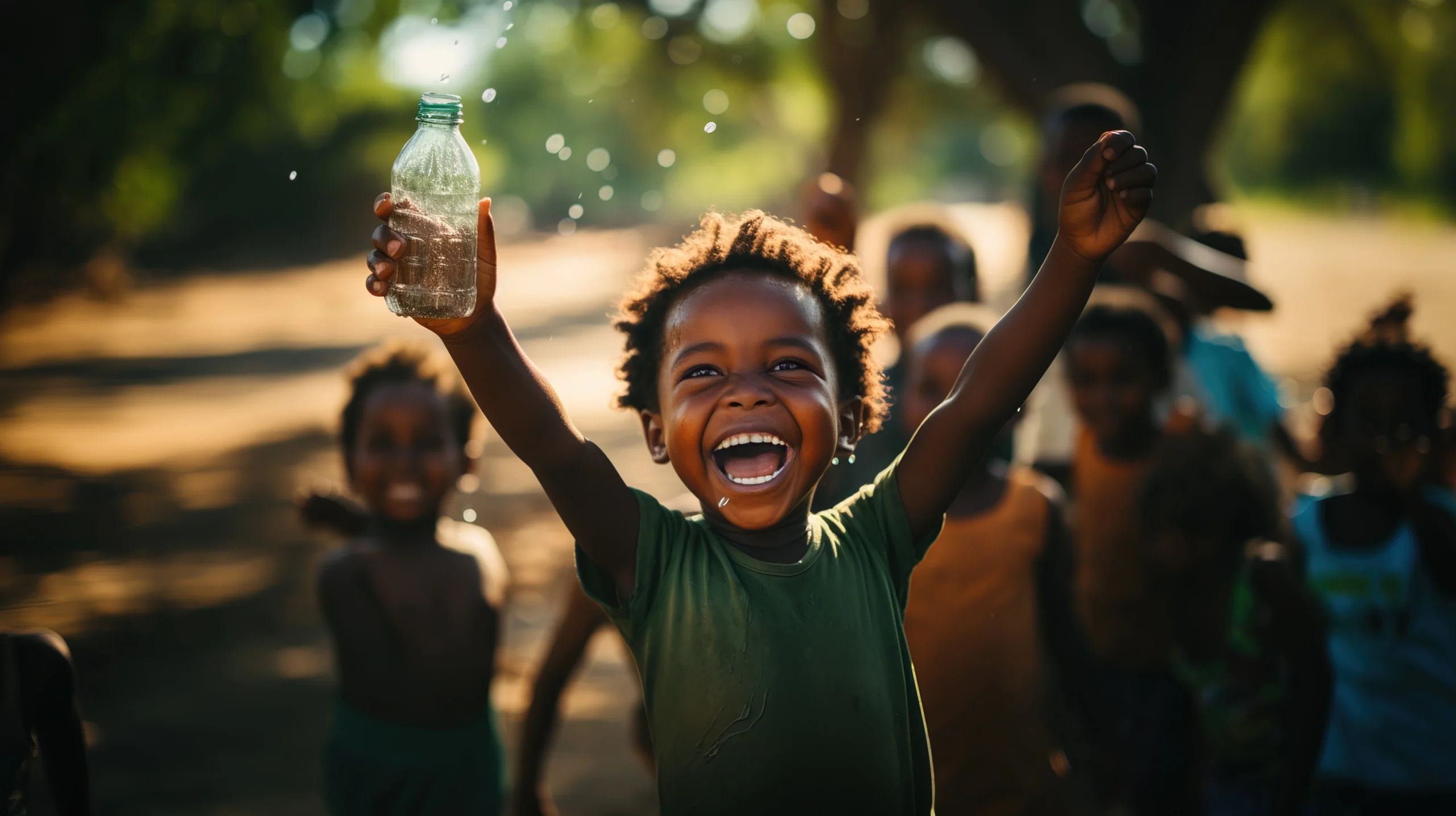The 2023 Malawi Cholera Outbreak: A Conversation with Heidi Rickels and Washington Chimuzu
By Cameron Barnes
Malawi is a breathtaking, landlocked country in southeastern Africa. Home to dazzling vistas, gorgeous lakes, and a wealth of wildlife, it is best known for its successful conservation efforts and friendly culture . . . and since February 2022, it has been facing its worst cholera outbreak in recorded history.
Malawi has experienced similar outbreaks before, but none have been so severe. By January 2023, the number of cases was growing by 3 percent week to week. By February, it had claimed the lives of 1,400 people and placed 4.8 million others across 15 districts in danger. According to a report by the United Nations Office for the Coordination of Humanitarian Affairs, the outbreak has an overall case fatality rate of 3.21% – more than three times the emergency threshold.
On March 3, 2023, the Ministry of Public Health of Malawi officially declared the cholera outbreak to the UN. Extensive efforts by local healthcare workers, the Malawian government, and third party nonprofits have been employed to prevent the situation from worsening. These groups continue to work tirelessly to not only remedy the current outbreak, but to prevent another like it from happening in the future.
Business Connect had the opportunity to speak with Heidi Rickels and Washington Chimuzu about their humanitarian efforts throughout the cholera outbreak. Chimuzu is an Project Manager, engineer and youth mentor working to bring clean water to rural areas. Rickels is the Executive Director of Freshwater Project International, who has been supporting projects in Malawi since 2004. They both spoke to the perseverance of the Malawian people and the importance of accessible, fresh water in communities around the world.
What is a Cholera Outbreak?
Cholera is a bacterial disease caused by the ingestion of food or water infected by Vibrio cholerae. It can make those infected extremely sick and cause rapid loss of bodily fluids, leading to further dehydration. According to the World Health Organization, cholera is a preventable disease that is “closely linked to inadequate access to clean water and sanitation facilities.”
In a report by the Centers for Disease Control and Prevention, cholera outbreaks have occurred in 47 countries and are most likely to impact vulnerable populations–that is, young children and older adults.
“We’ve dealt with emergency situations and smaller issues in the past,” says Rickels about the situation in Malawi, “but this cholera outbreak in particular has been a lot more severe.”
Why Cholera Spreads
Cholera is a multifaceted issue, and outbreaks are usually the result of a combination of different factors.
These factors include things like insufficient water systems and a lack of funding and support for local communities. Without adequate plumbing, it is easier for clean water to be contaminated, and for this contamination to spread quickly. This is the case especially during the rainy season, when flooding can cause water sources to leak into each other. Other natural disasters can compound the issue. Cyclone Freddy, for example, which made landfall in Malawi in February, has worsened the outbreak by increasing flooding, mudslides, and heavy rains across the country.
Rickels explains: “Obviously poverty does contribute to [the problem]. If I live in a remote rural village and there is no toilet, I would relieve myself in a bush near a stream. Once that happens, it’s easy for the feces and coliform to seep directly into the stream or a shallow well. Later, that same water might be used for washing fruits and vegetables, [which can make people sick].”
Even in urban areas with running water, Rickels explains, cholera is still a threat. “In cities and high density locations, people have tap water in their homes that they can rely on. [However, this tap water comes from] shallow wells that are 3 feet, 10 feet deep.” These shallow wells can become contaminated easily, Rickels says. “Very high levels of contamination were found in wells that people are being advised to drink from and do their dishes in.”
Fighting A Cholera Outbreak
The situation in Malawi is an emergency – but not hopeless. Rickels and Chimuzu both expressed excitement about the progress that’s being made by different initiatives and relief organizations. They explained that through cooperative partnerships with companies like Procter & Gamble have played a huge role in the response to the outbreak.

Rickels says that recently, with the help of Business Connect and a local relief group, around 500 boxes of P&G purification packets were able to be delivered to at-risk areas around the country.
“We got our delivery of packets from Business Connect, which – yay! – and the process was so quick. I think we wrote the grant in November to get those and we had them by mid-January, which is really incredible,” Rickels says.
Receiving supplies is half of the battle–being able to distribute them effectively poses another kind of challenge. Rickels says that though they didn’t have a truck, they were able to use an ambulance to deliver these life-saving products.
Rickels explains: “Our partner works with Nkhoma Hospital. He and his team were able to zero in on the villages where many of the cholera cases in their facility were coming from. We let them know that we had packets, and they sent an ambulance down to our office the very next day.”
With help from a network of organizations, distributors, and representatives, Rickels and Chimuzu were able to see people in remote villages get the relief they needed.
Toward Long-Term Solutions
This is just one of the many effective projects Rickels and Chimuzu have seen at work in the country. Other campaigns include expanding water distribution points and building sustainable wells. For them, fighting cholera requires a mix of short- and long-term solutions.
 “If you’re only looking at single-use water purification packets, it looks very narrow, right? Where is the sustainability? Where is the scope?” Asks Rickels. “We call it a bridge. Things like single-use packets enable us to implement a more comprehensive response. They provide clean water for a certain period of time for a certain number of students and their families–but what it’s really doing is teaching the importance of good hygiene and clean water use and making that connection. It provides a bridge for more sustainable infrastructure projects.”
“If you’re only looking at single-use water purification packets, it looks very narrow, right? Where is the sustainability? Where is the scope?” Asks Rickels. “We call it a bridge. Things like single-use packets enable us to implement a more comprehensive response. They provide clean water for a certain period of time for a certain number of students and their families–but what it’s really doing is teaching the importance of good hygiene and clean water use and making that connection. It provides a bridge for more sustainable infrastructure projects.”
In these projects, the emphasis is placed not only on providing effective technology and improving distribution networks, but sustainability. Community leaders often occupy lead positions on these projects, ensuring that people not only have access to better water systems, but know how to build, implement, and use them, too. In this way, these initiatives put power into the hands of the people who will actually be using them.
“We start with the community and their request and have them form a water point committee,” Rickels explains. “Usually, a large portion of that is women; women, especially in Malawi, are very strong, and they see the value of having clean water for their families. They really step in and take leadership. They put together the committee, and they’re part of the entire process.”
She goes on to say that “the message really is ‘we have done this project together.’ This wasn’t a group coming in, taking pictures, and saying, you know, ‘goodbye, good luck.’ We say, ‘now the well belongs to you. It is yours to keep.’”
What’s Next?
The fight against cholera is ongoing, and initiatives are constantly adapting to new conditions and information.
Rickels is particularly excited about a symposium in Colorado that focuses on human-centered designs. She said that community-centered policies are a great way forward. This could look like new programs in anything from the agricultural to engineering sectors. “We’re really trying to empower and encourage the next generation of WASH professionals in Malawi,” she says.
For Chimuzu, being able to work directly within communities has been the most rewarding thing about his work. “We were drilling for water in an area where women would wake up at 3 in the morning to walk 2 hours one way to get to the nearest water source and walk back another 2 hours carrying a huge bucket. And we got to a point where the new well was working and water was splashing out, and the women started dancing! They were happy, knowing they no longer have to walk 4 hours, that they have more time for their families, more time for taking care of their children.”
The work that Chimuzu, Rickels, and their teams are doing in Malawi impacts thousands of lives. Their dedication not only helps lessen the impact of the current outbreak, but paves the way for a healthier future. There is still a long way to go, but every new committee, project, and well is a step in the right direction.
“I think what excites me and motivates me to work in this sector is that one action can make a big difference. It might seem like reducing the distance to clean water by 2 hours is small, or maybe it was just a $10,000 investment – but the impact that it has on livelihoods is just so, so massive,” says Chimuzu.
If you would like to learn more about Rickels’ and Chimuzu’s work, you can check out Freshwater Project International’s website here. If you’re interested in helping relief initiatives in Malawi and elsewhere, consider becoming a partner with Business Connect. With your help, we bring producers, distributors, and local representatives together and help implement life-saving water solutions around the world.




